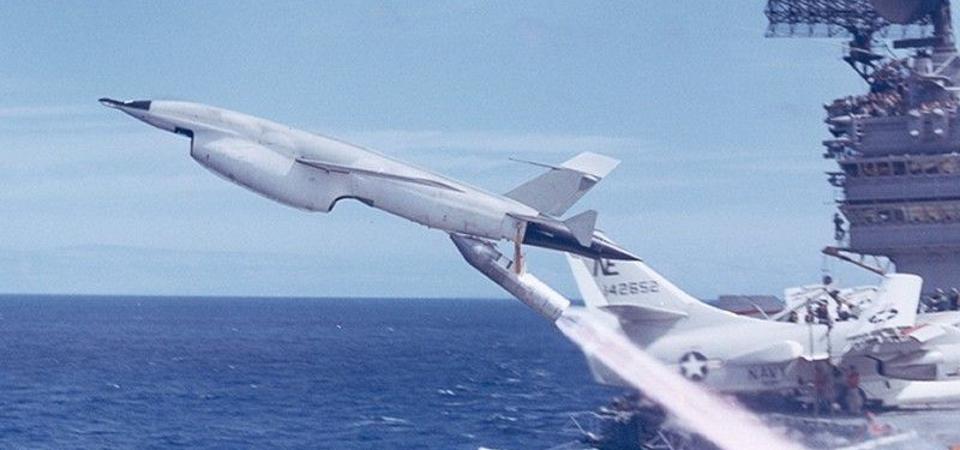16 October 2020 — The National Security Archive
“Regrets,” But No Apologies
Washington, D.C., October 16, 2020 – Over the years, aerial and naval encounters have threatened to destabilize U.S-China relations as the two powers contest each other’s rights in international airspace and waters. A major incident occurred on 31 March 2001 (Washington time) when a U.S. EP-3 reconnaissance aircraft made an emergency landing on China’s Hainan Island after a Chinese People’s Liberation Air Force aircraft collided with it in international airspace, some 62 miles from Hainan. Today, the National Security Archive is publishing for the first time “talking points” and position papers justifying the U.S. position in the EP-3 crisis prepared for Secretary of Defense Donald Rumsfeld. The documents are part of a release of Rumsfeld “snowflakes” acquired through an Archive lawsuit against the Pentagon.
In April 2001, the National Security Archive published several documents from 1969-1970 to contextualize the EP-3 incident as the latest moment in a long and complex history of U.S. aerial reconnaissance activity over and near Chinese territory, which sometimes resulted in mishaps. Declassified archival material from the first year of the Nixon administration sheds light on Cold War policy on reconnaissance flights near Chinese territory. The documentation confirms how risky the policy was: before April 1969, U.S. reconnaissance aircraft could fly as close as twenty miles from the Chinese coast.
Not surprisingly, U.S. policymakers have been reluctant to acknowledge reconnaissance flight activity, much less offer apologies when incidents occurred. Ironically, an incident that elicited an internal State Department policy review took place on Hainan Island, where a U.S. pilotless reconnaissance aircraft alighted in February 1970. To retain U.S. freedom of action to fly reconnaissance missions, State Department official Harry Thayer recommended that the United States refrain from offering an apology in the event the Chinese made a formal complaint. That freedom-of-action approach remained in effect at the time of the EP-3 incident in 2001 (and probably does to date), even when the balance of forces in East Asia has become considerably less advantageous to Washington than it was in 1970.
READ THE ARTICLE
THE NATIONAL SECURITY ARCHIVE is an independent non-governmental research institute and library located at The George Washington University in Washington, D.C. The Archive collects and publishes declassified documents acquired through the Freedom of Information Act (FOIA). A tax-exempt public charity, the Archive receives no U.S. government funding; its budget is supported by publication royalties and donations from foundations and individuals.
